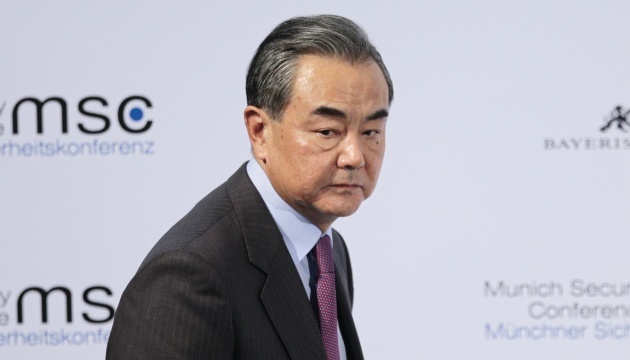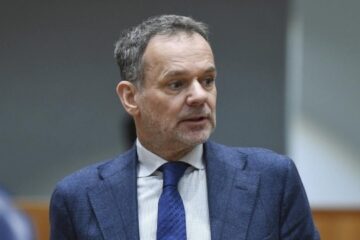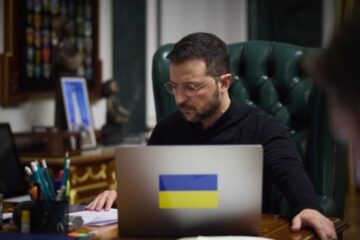
Chinese Foreign Minister Wang Yi held phone conversations with his German and Polish counterparts, Johann Wadephul and Radoslaw Sikorski, assuring them that China remains committed to promoting negotiations to resolve what Beijing refers to as the “Ukrainian crisis,” and supports the achievement of a fair peace agreement.
According to the Chinese Foreign Ministry, the parties exchanged views on the “Ukrainian crisis” during the calls — the term used by China to describe Russia’s full-scale war against Ukraine.
“China has always been committed to promoting peace and dialogue and has never given up its peace efforts, including joining forces with the Global South countries to establish a ‘Friends of Peace’ group,” Wang Yi said.
He also noted that Ukraine and Russia had recently restarted direct negotiations and, despite significant differences, had in his view achieved the first step towards peace.
“China expects all parties to further demonstrate their willingness to resolve the ‘crisis’ politically and to reach a fair, lasting and binding peace agreement through continued dialogue,” Wang added.
According to the Chinese Foreign Ministry, Wadephul and Sikorski expressed hope that China would exert its influence to help bring about a ceasefire and a swift end to the “Ukrainian crisis,” and that Beijing would continue to play an active role in promoting lasting peace in Europe.
China does not clarify what it considers a “fair peace agreement,” and its interpretation does not align with that of Ukraine and its international partners. For them, justice entails the restoration of Ukraine’s territorial integrity and sovereignty within its internationally recognized 1991 borders, the prosecution of Russian war criminals, and reparations from Russia for the destruction and damages caused.
Notably, in the most recent Chinese-Brazilian document outlining a vision for ending the war — called a “six-point consensus,” published in May last year — there was no mention of respecting Ukraine’s territorial integrity. This contrasts with China’s earlier “12-point peace plan” from February 2023, which explicitly emphasized territorial sovereignty and compliance with the UN Charter in its first point.
Chinese President Xi Jinping discussed the “Ukrainian crisis” with Russian leader Vladimir Putin during a meeting in the Kremlin on May 9. Xi reiterated that China welcomes all peace initiatives aimed at ending the war in Ukraine but continues to stress the need to “eliminate the root causes of the crisis.”
Photo: AA



